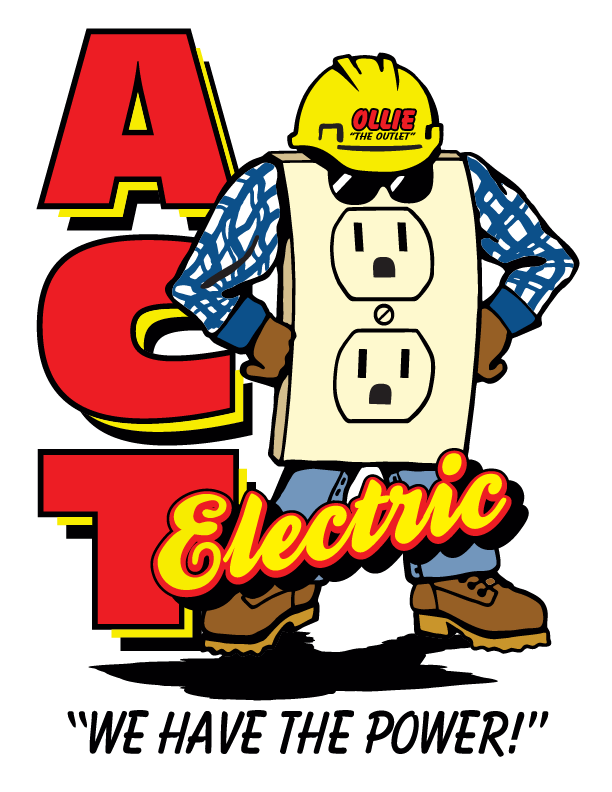When Does a House Need Rewiring?
Houses with old wiring pose a danger to both the family and the home. Unfortunately, rewiring is the most overlooked aspect of a renovation, as many people believe that functioning plugs and switches mean there’s no reason to contact an electrician. However, it’s more complicated than that. Houses more than two decades old are likely to have electrical issues hidden in the wiring.
This article shares the reasons why rewiring a house is worth it, as well as the warning signs to keep in mind.
Reasons to rewire a home
From improving the electrical system, increasing home value to having peace of mind, there are numerous reasons to rewire a home:
Increased electrical capacity
Old wiring systems have an average capacity of 60 amps. Modern-day appliances need more power, so high loads on a weak system can cause serious damage. The devices could burn out and start a fire. Updating the electrical system to 100 amps is highly recommended.
Improved safety
Rewiring a home improves safety. Non-insulated wires can cause shocks and fires due to power fluctuations. Overloads can melt and burn the wires, and improper wiring can render the appliances useless.
Enhanced electrical system
Home rewiring boosts the overall quality of the electrical system. Each appliance can be wired to its own circuit, lowering the chances of overloading. Plus, it’s possible to set up ground fault circuit interrupters and smoke alarms.
Reduced costs
New wiring helps homeowners get lower insurance rates. Proper wiring lowers the risk of accidents, meaning it’s less expensive to insure a property. Also, a rewired house has a higher value; at the time of a sale, the homeowner may recoup the cost of the rewiring.
Following are warning signs that indicate it’s time to schedule rewiring:
Fuses that blow too often
Frequent tripped breakers
An electrical panel that’s over-fused or over-amped
Buzzing sounds from the wiring
Flickering or dimming lights
Hot switch plates, plugs, and cords
Bulbs burn out in a socket too often
Burning smell
Loose outlet
Outlet sparks when plugging and unplugging cords
Broken or cracked insulation
The electrical shock when plugging a cord
Warning signs don’t have to be the only reason to call an electrician. To ensure optimum home safety, schedule electrical inspections periodically. The situations below warrant a professional inspection, even though they aren’t accident hazards per se:
Living in a 40+-year-old home
Using extension cords for power
Adding major new appliances
Making major home improvements
Using ungrounded, two-prong outlets
Having aluminum wiring
House rewiring cost
Rewiring a home can cost anywhere from $1,500 for small houses to $10,000 for large houses. The cost varies depending on numerous factors:
Size and age of a house
A new electrical circuit, outlet, and switch addition
Electrical service panel upgrade
Whether an inspection or a permit is required
Rewire today to feel safer tomorrow
Rewiring a house is highly recommended for old homes, as well as those showing warning signs. It’s still a good idea to rewire if you think your devices may be overloading the electrical system in your home. After all, there is peace of mind knowing all has been done to reduce the risk of electricity-related safety hazards.
Still uncertain whether your home needs rewiring? Contact electrical service contractors for assistance.
The qualified electricians at ACT Electric perform quality lighting, wiring, home generators, landscape and security lighting, and new home wiring jobs. We are a 24-hour emergency electrician to cater to all your needs any time of the day or night. call at (480) 986-1722.

